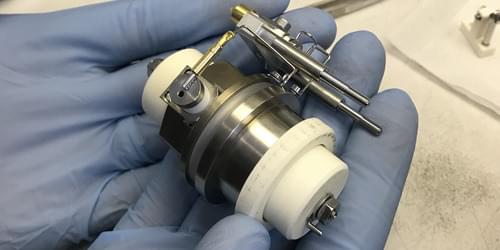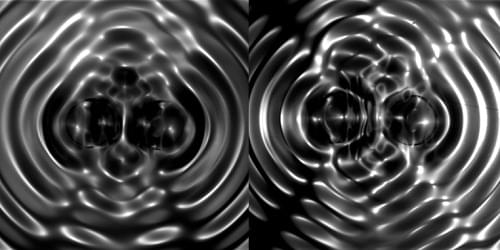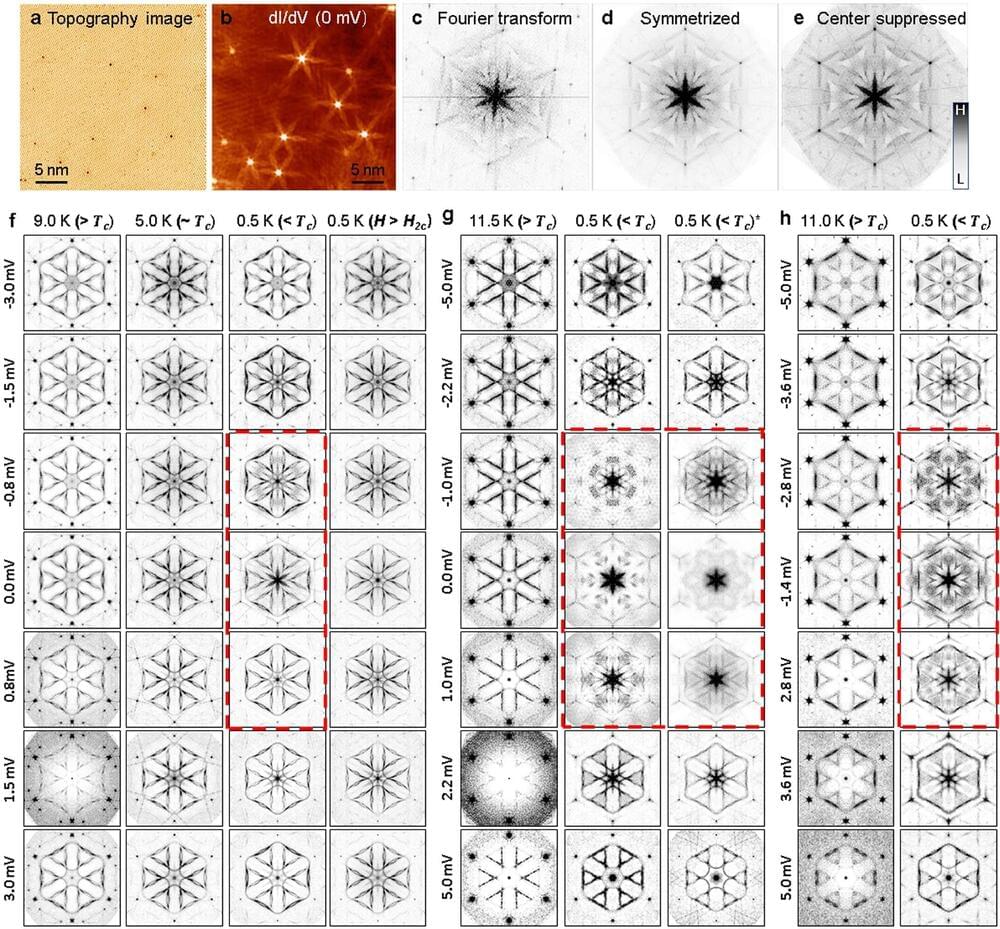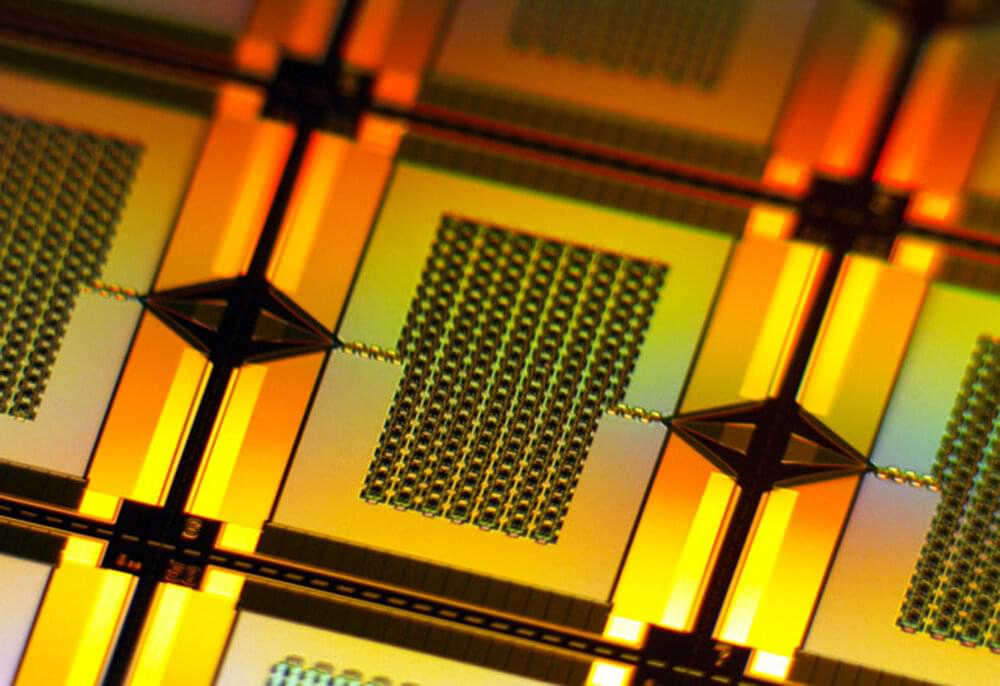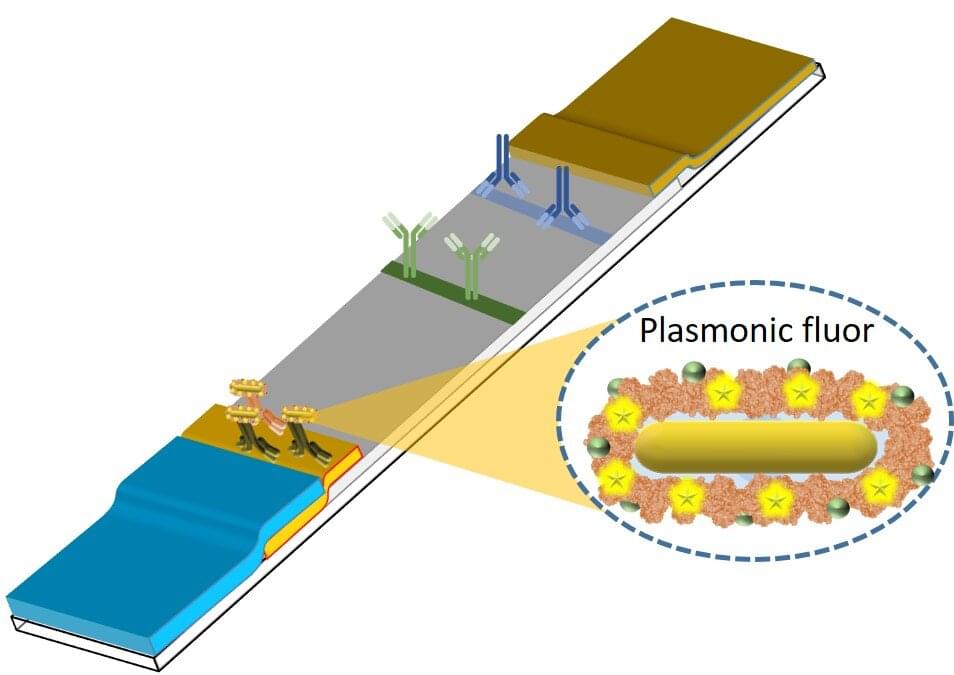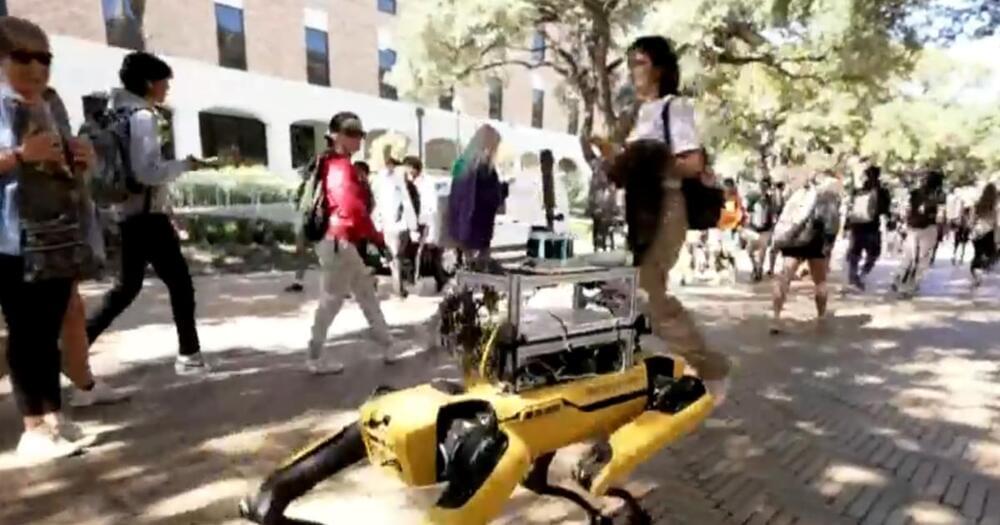
In a new Nature Energy study, engineers report progress toward lithium-metal batteries that charge quickly—as fast as an hour. This fast charging is thanks to lithium metal crystals that can be seeded and grown—quickly and uniformly—on a surprising surface. The trick is to use a crystal growing surface that lithium officially doesn’t “like.” From these seed crystals grow dense layers of uniform lithium metal. Uniform layers of lithium metal are of great interest to battery researchers because they lack battery-performance-degrading spikes called dendrites. The formation of these dendrites in battery anodes is a longstanding roadblock to fast-charging ultra-energy-dense lithium-metal batteries.
This new approach, led by University of California San Diego engineers, enables charging of lithium-metal batteries in about an hour, a speed that is competitive against today’s lithium-ion batteries. The UC San Diego engineers, in collaboration with UC Irvine imaging researchers, published this advance aimed at developing fast-charging lithium-metal batteries on Feb. 9, 2023, in Nature Energy.
To grow lithium metal crystals, the researchers replaced the ubiquitous copper surfaces on the negative side (the anode) of lithium-metal batteries with a lithiophobic nanocomposite surface made of lithium fluoride (LiF) and iron (Fe). Using this lithiophobic surface for lithium deposition, lithium crystal seeds formed, and from these seeds grew dense lithium layers—even at high charging rates. The result was long-cycle-life lithium-metal batteries that can be charged quickly.
